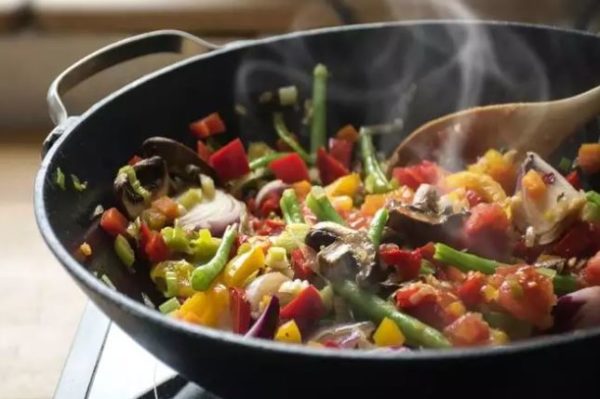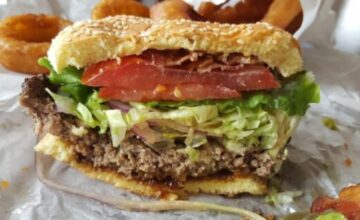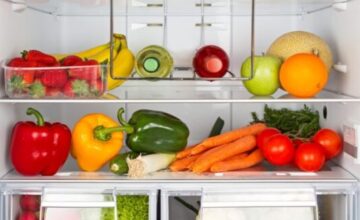
Do you know that more than half of the nutrients in the vegetables are lost while cooking? And cutting fruits can take away a lot of their nutrients!
While eating nutritious food can improve our health and energy levels, the way it is cooked can impact the nutritional value in it.
Prolonged exposure to heat and water may cause some foods to lose nutritional value like vitamin B1, vitamin C, and polyphenols.
We present you with some simple tips which will help you retain nutrients while preparing your favourite foods.
Have a look!
1. Washing vegetables
The kitchen rule is to always wash the vegetables first and then chop them rather than doing the other way around. Chopping first and washing afterward can take away vital nutrients from the food.
2. Don’t chop small
You should chop the vegetables in large chunks to avoid nutrients getting destroyed when coming in contact with air.
3. Root vegetables
Vegetables that have roots, like potatoes and carrots should be boiled with skins on and then peeled after boiling as it will help the nutrients to migrate to the center of the vegetables and help in their retention within.
4. Soaking
If you soak vegetables in water for a long period then, almost 40% of soluble vitamins and minerals are lost. If you really have to soak them, use the remaining water as vegetable stock, or to knead the dough, prepare soups and gravies.
5. Reheating
Reheating food destroys the chemical structure of nutrients and vitamins. In fact, cooked vegetables that are reheated after being kept in the refrigerator for two or three days lose more than half their vitamin C.
6. Baking soda
Baking soda makes cooking water alkaline and thus helps retain the colour of vegetables as well as speed up the cooking process, but it destroys vitamin C content of the veggies.
7. Fresh food
Eating freshly cooked food is preferable because the depletion of nutrients could be slowed down. It is a good idea to eat within 4 hours of cooking your food.
8. Deep frying
Deep frying and heating at a high temperature for a long time can make the protein hard and coagulated. As a result, they are not easily absorbed by the body. Thus, overcooking results in loss of precious nutrients.
9. Excess water
Use the excess water of boiled rice or vegetables in preparing gravies, kneading the dough as it is loaded with a lot of nutrients.
10. Cooking time
The longer the cooking time and the higher the temperature, the more nutrients are destroyed as most of the vitamins are sensitive to heat and air exposure.




